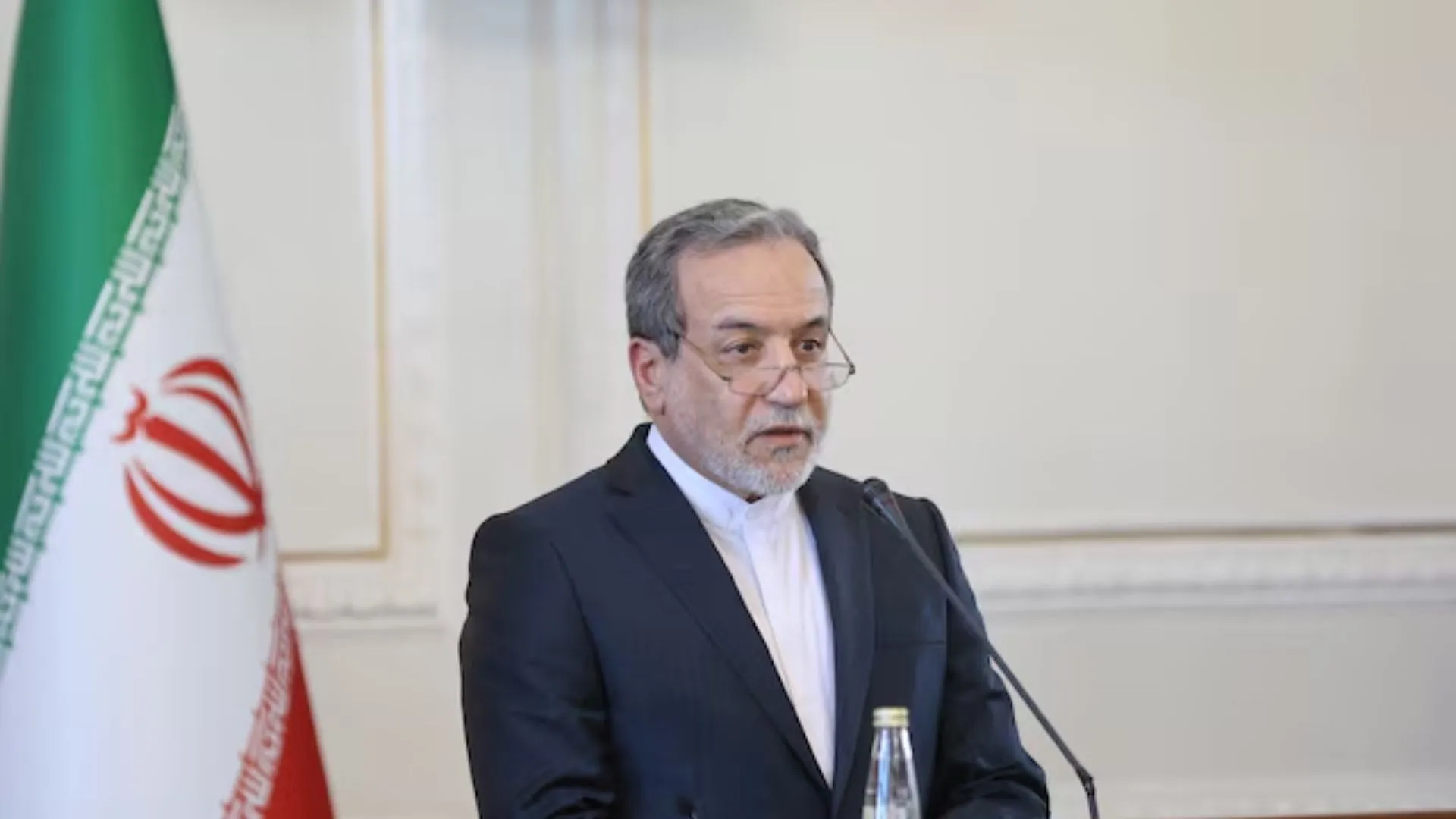Iran will hold discussions in Rome on Friday with the three European powers—Britain, France and Germany—part of the E3 group that was involved in the 2015 nuclear deal, Iranian Foreign Minister Abbas Araqchi announced on Wednesday, Reuters reported. This meeting comes as both sides prepare for a new round of US-Iran nuclear talks scheduled for Saturday.
The 2015 deal, originally designed to curb Iran’s nuclear activities, unravelled in 2018 when President Donald Trump pulled the United States out of the agreement.
“Iran has proposed meeting with Britain, France and Germany, and in my opinion, the three European countries have lost their role (in the nuclear file) due to the wrong policies they have adopted. Of course, we do not want this and are ready to hold talks with them in Rome,” Araqchi told state media, according to Reuters.
Initially, the E3 expressed some reluctance to engage in these talks with Iran, fearing it might undermine the negotiations with the U.S., which are aimed at preventing Iran from developing nuclear weapons, the report said. Three European diplomats, however, told Reuters that the E3 ultimately decided to proceed with the discussions, as they viewed it as vital to maintain dialogue with Iran and reaffirm their vision for a future nuclear deal.
Meanwhile, foreign ministry political directors from the E3 countries are in Berlin on Wednesday to receive briefings on past rounds of U.S.-Iran talks and prepare for the meeting in Rome. According to the report, the diplomats are expected to travel to Rome on Friday to engage in discussions with Iranian officials.
Iran’s nuclear negotiations with the U.S. have seen renewed momentum, particularly following talks in Oman last Saturday and meetings between Iran, Russia and China last week. Reports suggest Tehran is particularly focussed on the “snapback mechanism,” a process by which UN sanctions on Iran could be reimposed if the 2015 deal is not adhered to, which could take effect by October when the resolution ratifying the agreement expires.
Tensions Between Europe and Iran
Relations between Iran and the E3 have deteriorated over the past year, with tensions escalating amid new sanctions imposed on Iran over its ballistic missile program, the detention of foreign citizens, and its support for Russia in the war with Ukraine.
French Foreign Minister Jean-Noel Barrot warned on Tuesday that France would not hesitate to invoke the snapback mechanism if current negotiations failed, reportedly saying that such a move would have “devastating effects” on Iran while accusing the country of secretly working to develop nuclear weapons. Iran has consistently denied these accusations, maintaining that its uranium enrichment program is solely for civilian energy purposes.
Iran’s permanent representative to the United Nations, Amir Saeid Iravani, dismissed Barrot’s comments as “unfounded and politically irresponsible.” In a letter to the UN Security Council, Iravani reportedly said that reimposing sanctions would be “legally and procedurally flawed, inadmissible, and invalid,” further accusing France of engaging in “political and economic coercion.”
Meanwhile, the U.S. Treasury Department announced new sanctions on Tuesday, reportedly targetting a network based in Iran and China allegedly involved in procuring ballistic missile propellant ingredients for Iran’s Islamic Revolutionary Guard Corps. Araqchi criticized the move, stating that the fresh sanctions sent the “wrong message” amid ongoing negotiations.
ALSO READ: UK Strikes Houthi Targets in Yemen, Backs US-Led Military Campaign























